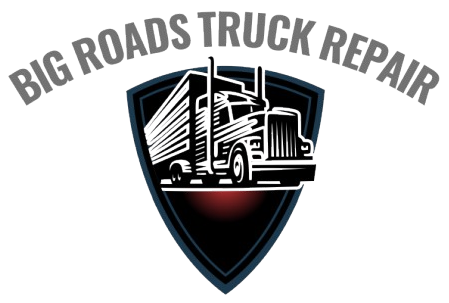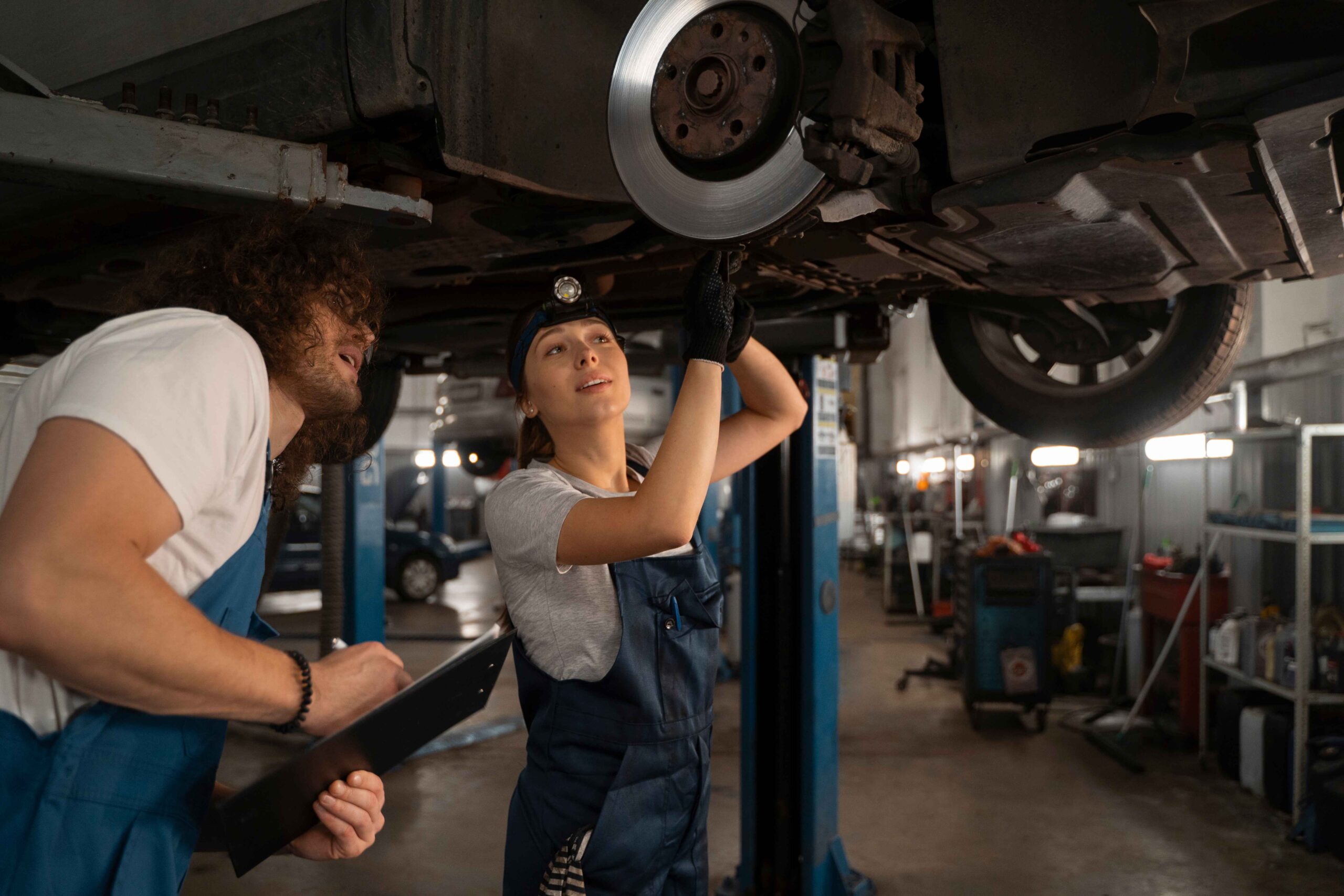Diesel Engine Maintenance: Best Practices for Longevity
Diesel engines are the workhorses of heavy-duty equipment and vehicles. With proper care, they can deliver exceptional performance and reliability for years. Here are the best practices to ensure your diesel engine stays in top condition and runs efficiently for as long as possible.
1. Regular Oil Changes
Oil is the lifeblood of your diesel engine. It lubricates moving parts, reduces wear, and keeps the engine running smoothly. Follow the manufacturer’s recommended oil change intervals and always use high-quality oil suitable for your engine’s specifications. Neglecting oil changes can lead to sludge buildup and premature engine wear.
2. Keep Filters Clean
Filters play a crucial role in maintaining engine health. Regularly inspect and replace:
- Air Filters: Prevent dirt and debris from entering the engine. A clogged air filter reduces performance and fuel efficiency.
- Fuel Filters: Protect the fuel system from contaminants that can cause injector or pump damage.
- Oil Filters: Ensure proper filtration to prevent impurities from circulating through the engine.
3. Monitor Coolant Levels and Quality
Coolant helps regulate the engine’s temperature, preventing overheating. Regularly check the coolant level and inspect for leaks. Use the right type of coolant and flush the system as recommended to remove rust, scale, and debris.
4. Keep an Eye on the Fuel System
Diesel fuel systems are sensitive to water and contaminants. To maintain their longevity:
- Drain water separators regularly to prevent water from reaching the injectors.
- Use high-quality diesel fuel and consider additives to enhance performance and reduce emissions.
5. Inspect Belts and Hoses
Belts and hoses are critical for engine operation. Regularly inspect them for cracks, wear, or looseness. Replace damaged components promptly to avoid unexpected failures.
6. Pay Attention to Warning Signs
Modern diesel engines come with diagnostic systems that alert you to potential issues. Never ignore warning lights or unusual sounds, such as knocking or hissing, as these can signal underlying problems that need immediate attention.
7. Perform Regular Engine Diagnostics
Schedule routine engine diagnostics to identify issues early. Professional diagnostic tools can detect problems like injector malfunctions, turbocharger inefficiencies, or sensor failures before they escalate.
8. Avoid Excessive Idling
Idling for long periods can lead to carbon buildup in the engine and reduce efficiency. Turn off the engine during extended downtime to save fuel and minimize wear.
9. Maintain Proper Storage Practices
If your equipment or vehicle will be idle for a long time, take steps to store it properly:
- Use a fuel stabilizer to prevent fuel degradation.
- Keep the battery charged or disconnected to avoid drainage.
- Cover the engine and critical components to protect against dust and moisture.
10. Schedule Professional Maintenance
While daily and routine maintenance is essential, regular professional checkups are crucial for your engine’s longevity. Certified technicians have the expertise and tools to perform thorough inspections, identify potential issues, and provide effective solutions.
Partner with Experts for Diesel Engine Care
At Big Roads Truck Repair, we specialize in maintaining and repairing diesel engines for heavy-duty vehicles and equipment. Our Red Seal Certified Mechanics provide expert diagnostics, repairs, and preventative maintenance to keep your engine running at peak performance.
Contact us today to schedule a service or learn more about how we can help extend the life of your diesel engine!


